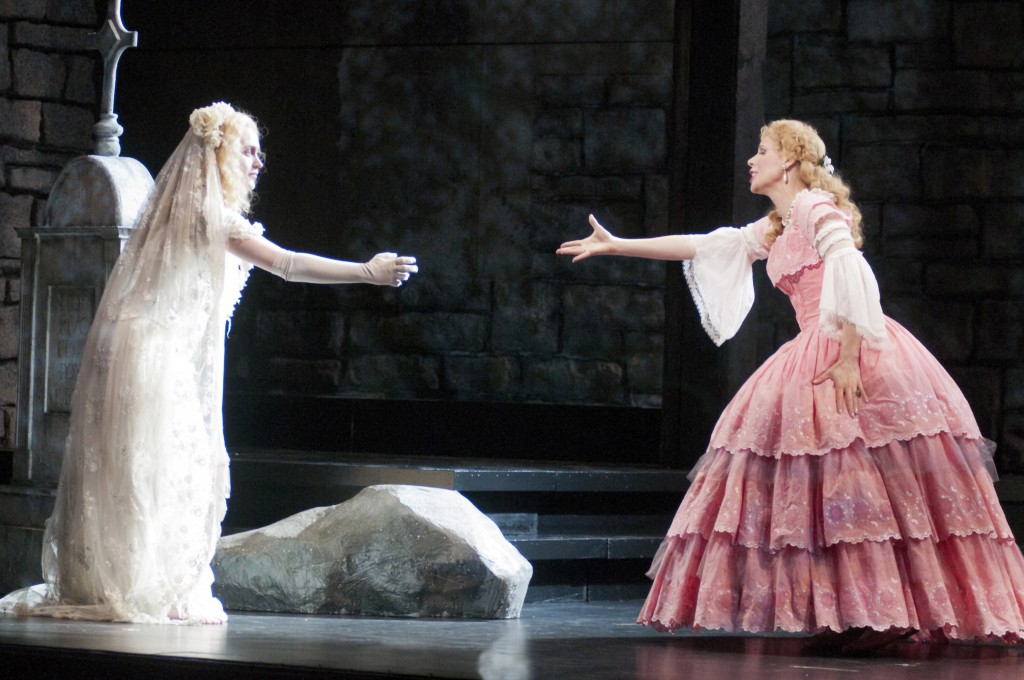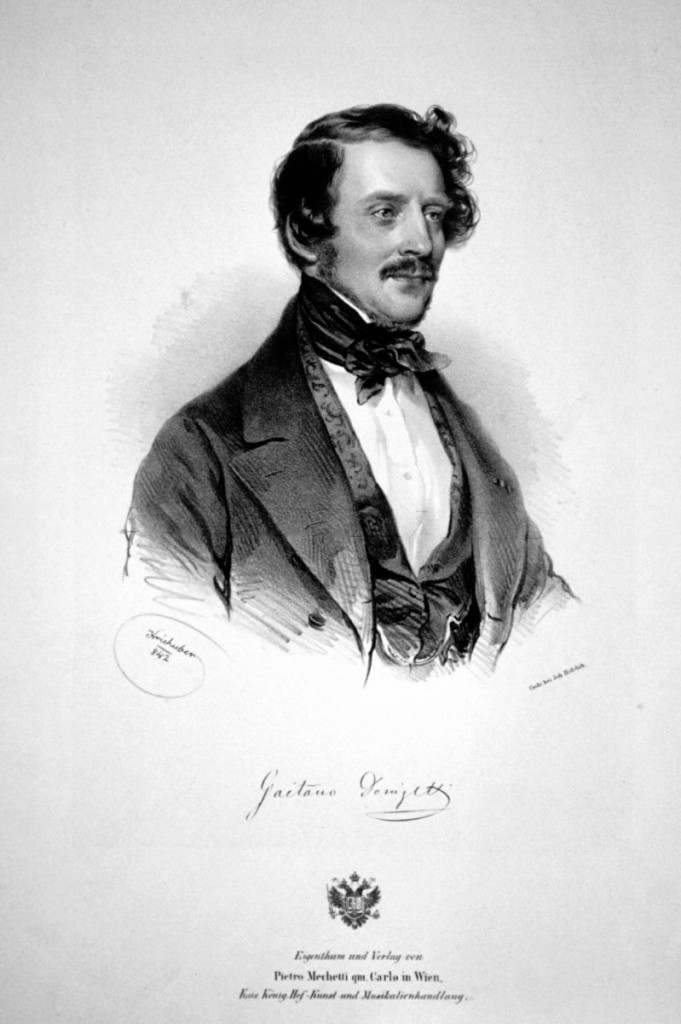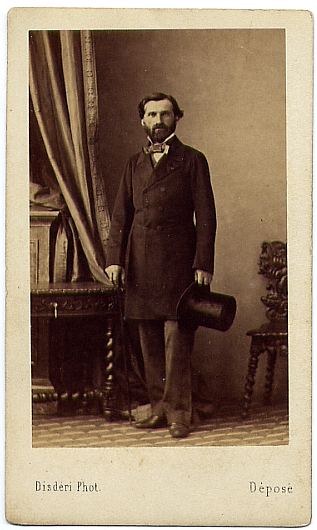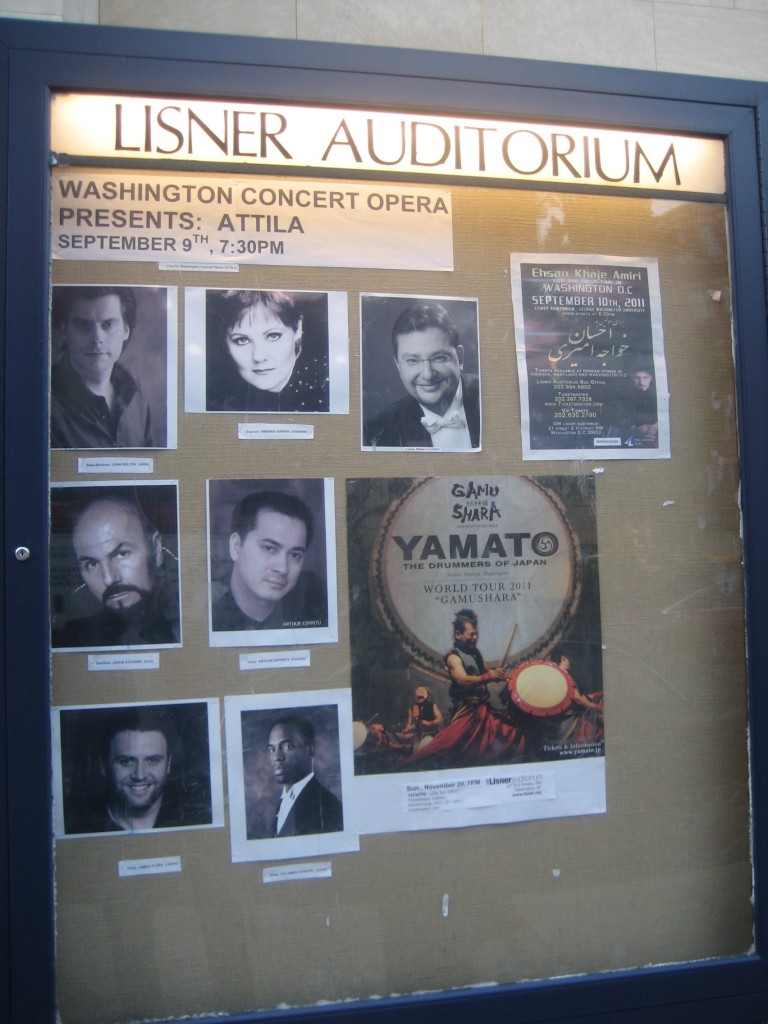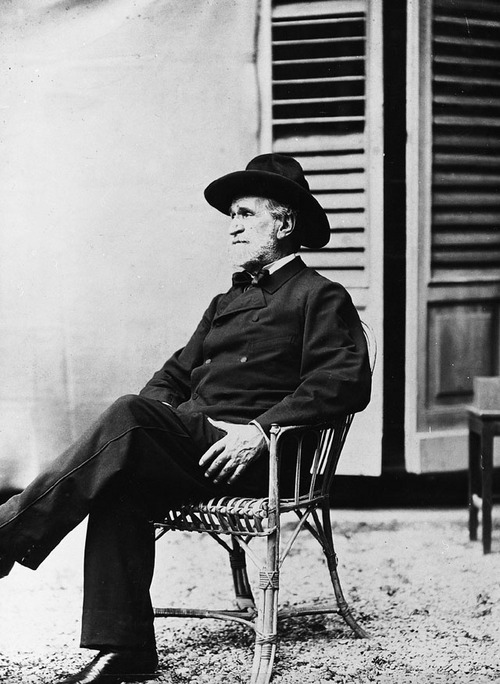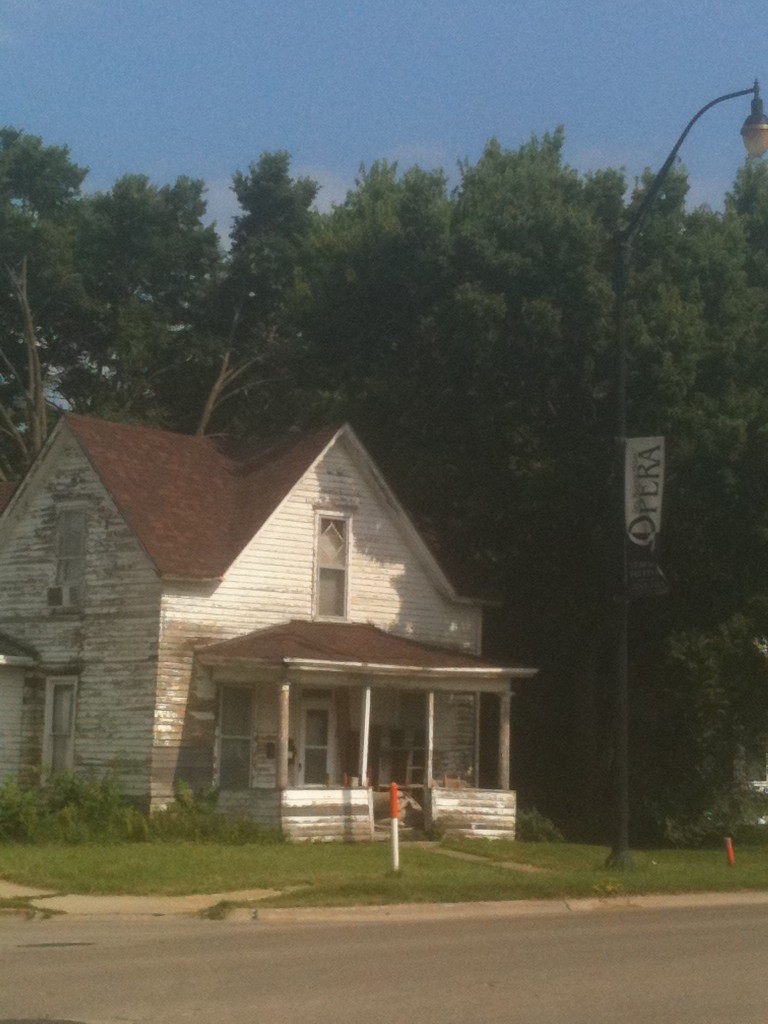There is no doubt in my mind that Eve Queler loves Wagner’s opera, Rienzi. Watching her receive a well deserved ovation as she ascended the podium on January 29th to lead the forces of the Opera Orchestra of New York, it struck me that this was the conductor’s fourth open case for this Wagnerian rarity, making her an unofficial champion of a piece that even Wagner himself turned his back against after he established his career. Following the performance, one could only be grateful for her insistence.
Category Archives: Opera
The Atlanta Opera presents Donizetti’s “Lucia di Lammermoor”.
Donizetti’s Lucia di Lammermoor was thunderously received on its opening night performance this past Saturday, November 12, and there is a lot to report. Under the direction of Tomer Zvulun, the opera has been updated to a time period when the men are constantly wearing military jackets, red sashes, and a blonde Lucia wears pink hoop dresses. The sets, which came to Atlanta via Opera Cleveland, were composed of concrete walls accented partially with stacked stone, which coupled with projected backgrounds helped define the space for the audience. Only for the fact that the stark setting allowed the director to lavish in some striking imagery (the final scene resembled watered down Edward Gorey, which I, a former goth kid, enjoyed) the need for this update escaped me. Other aspects of Zvulun’s production are likely to either wow or offend depending on the sensibilities. Scene changes were enhanced with samples of Sir Walter Scott’s novel projected against the curtain, and judging from the whispering around me this innovation grew tiresome as the evening wore on, especially for those unfortunate patrons trying to read what was presented to them in its entirety.
Mad, mad Lucy…
“Donizetti’s music is just trash and should be avoided. Every educated person knows this.” And thus began a heated argument between myself and an all-too-proper music major at the University of Georgia’s Music Library back in the late 90s; an incident which led to my being banned of this venerable facility for a full semester due to my animated, banshee-like defense of Italian music in the middle of the listening center. I suppose that, even then, I was not one to keep it down. I am reminded of the incident as the Atlanta Opera’s prepares to open its 2011-2012 with Donizetti’s “Lucia di Lammermoor” this Saturday.
Opera Carolina presents Verdi’s “Il trovatore”
Opera is partly a sport of prestige, and to the untrained eye the line up of Opera Carolina’s production of Verdi’s “Il trovatore” promised much: An Italian tenor coming to international attention following a well publicized scandal, an up and coming soprano gathering exciting reviews for her Verdi roles, and a superstar mezzo-soprano of international caliber who has sung for dignitaries of state all over the globe. It is no surprise that the auditorium at the Belk Theater was well attended on the afternoon of October 23, a Sunday performance that would have otherwise suffered by the presence of the North Carolina Panthers playing at the stadium next door. Hell, I drove four hours to be there myself! Judging by the audience’s reception, a good time was had by most present, but the final tally on the performance is less encouraging: Opera Carolina’s “Il trovatore” joins the statistics of uneven performances of this testing opera, and though there were moments of beauty, the uneven cast threatened to drag the performance below the standards of good Verdi. And thus we will start with the least fortunate, and work our way up.
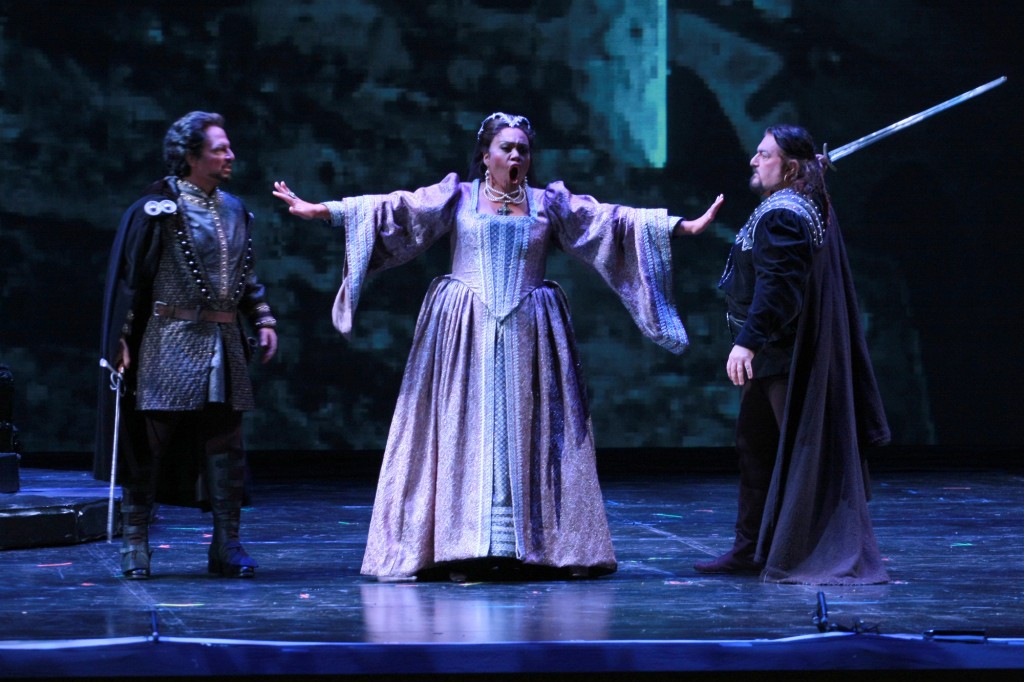
Michael Corvino (Count di Luna), Lisa Daltirus (Leonora) and Antonello Palombi (Manrico) in Opera Carolina's "Il Trovatore". Photo by jonsilla.com
Southern flames: Verdi’s Trovatore goes to North Carolina
Fresh from our recent trip to Salt Lake City, we are on the road again, and this time to Charlotte, North Carolina for Opera Carolina’s presentation of Verdi’s Il Trovatore. The southern company’s high profile line up, which includes the renowned mezzo-soprano Denyce Graves in the role of Azucena, is enough to get newoutpost to fill up the gas tank and embark in a good old pilgrimage.
Utah Opera presents Beethoven’s Fidelio
Beethoven’s Fidelio opened the 2011-12 season at Utah Opera last week on Saturday 8th, and newoutpost was present at the occasion, as well as the second performance on Monday 10th. We are happy to report that the performances receive high marks due to the efforts of an altogether great cast, though the visual direction of these presentations proved a little suspect.
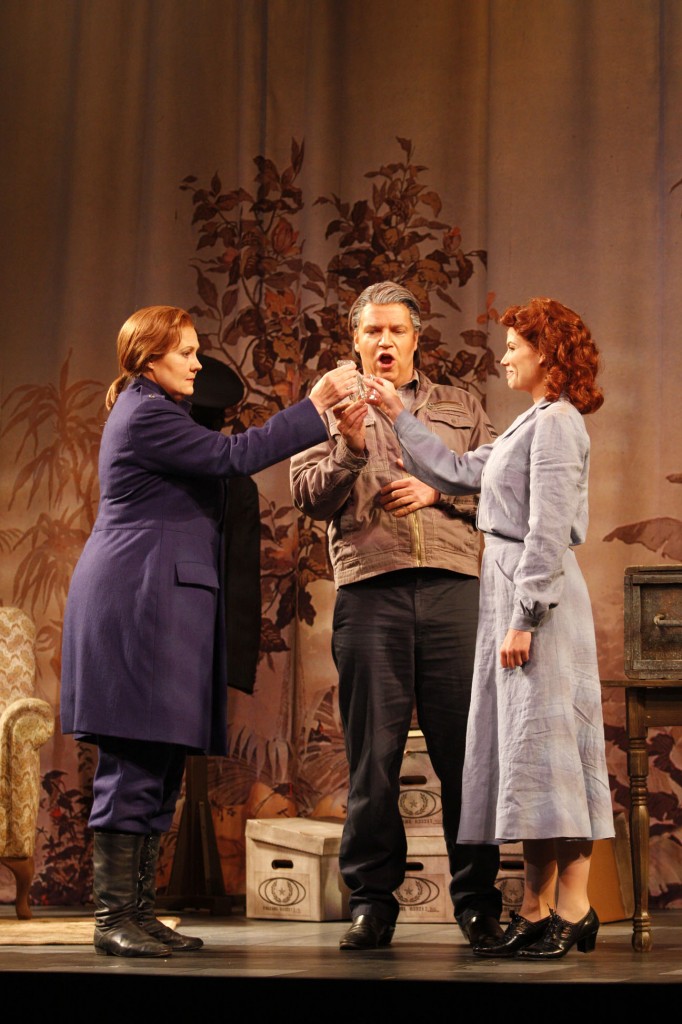
Brenda Harris (Leonore), Gustav Andreassen (Rocco) and Shannon Kessler Dooley (Marzelline) in Utah Opera's Fidelio
When a man rescues his husband: Beethoven’s Fidelio at Utah Opera
This Saturday October 8th, the Utah Opera company unveils its 33rd season with Beethoven’s one and only opera Fidelio. This unique work, a cornerstone in both Beethoven’s canon and Western music, is sufficient draw to make your friends at newoutpost.com take a weekend trip to beautiful Salt Lake City. The promising cast does not hurt either. Utah Opera’s line up includes Brenda Harris in the title role, Corey Bix as Florestan, Mark Schnaible as Pizarro, Gustav Andreassen as Rocco, Peter Tantsits as Jaquino and Shannon Kessler Dooley as Marzelline. Richard Buckley conducts. As we pack our essentials before heading to the airport in a couple of hours, we thought it wise to gather a few thoughts on Fidelio.
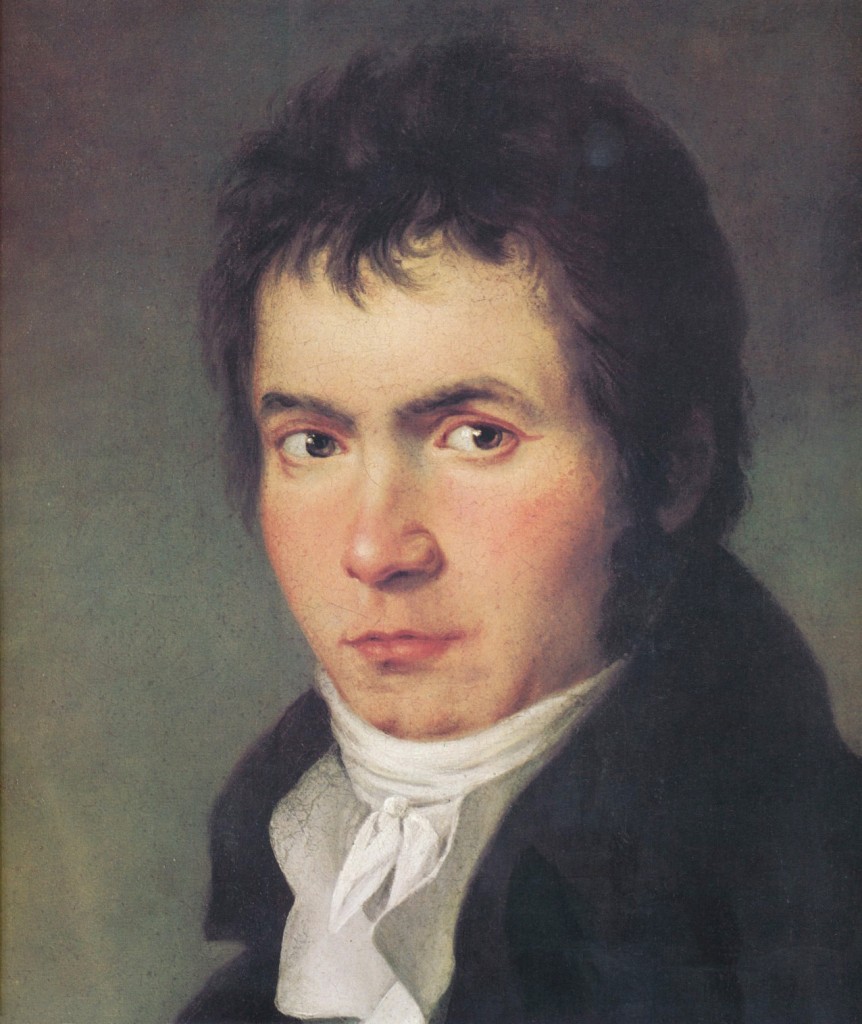
Detail of an 1804 portrait by Joseph Willibrod Mähler, around the time he was stressing over Fidelio
Verdi’s Attila at Washington Concert Opera
On September 9th, the Washington Concert Opera opened its 2011-2012 season with a triumphant performance of Verdi’s early masterpiece: Attila, held at the Lisner Auditorium at the campus of George Washington University. Alongside other concert opera companies such as Opera Orchestra of New York and Teatro Grattacielo, the Washington Concert Opera company serves our esteemed art form by reminding operagoers that there is much to relish in the old school traditions that are quickly fading in today’s opera scene: Opera is expression though music, not gimmicks, and a quote from the company’s website, is testament to both their mission as well as serving unintended commentary of the strange times we find ourselves in today: “There are no sets, costumes or (usually) props to distract the eye….and ear….from the operatic score”. In essence, the audience is mercifully allowed to focus on the composer’s musical language, rather than some surely brilliant re-interpretation from one of today’s indispensable repetiteurs. And so it was on the evening of the 9th that those who assembled before the company were able to focus on the virtues of Verdi’s score and what the artists can make out of it through the mastery of their craft.
Barbarian menace: Washington Concert Opera unveils Verdi’s Attila this week.
This September, Newoutpost covers Washington Concert Opera’s presentation of Verdi’s early masterpiece, “Attila”. The subject deals with the real life Attila, leader of the Huns, who became a serious threat to the Roman Empire in the 5th century. In 451 A.D., he attacked Gaul, and the following year he boldly invaded Italy, destroying the northern provinces in his path and getting uncomfortably close to Rome. Emperor Valentian III, hoping to halt his advances, sent three envoys to negotiate with the Hun (Pope Leo I being amongst these, providing Roman history with his most famous contribution), who agreed to the terms and withdrew. A subsequent campaign to invade Constantinople in 453 A.D. was cut short when Attila unexpectedly died amidst the festivities celebrating his latest marriage. Two conflicting accounts of this event exist: The first describes that Attila choked on a heavy bout of nose-bleeding (!), the second asserts that he died at the hands of his new wife. As it concerned Zacharias Werner, and subsequently Giuseppe Verdi, it was Attila’s assassination that eventually won out as the more attractive denouement of a work for the dramatic stage.
Des Moines Metro Opera presents Poulenc’s Dialogue des Carmelites
One of the thrilling parts in my operatic journey is experiencing for myself a phenomenon that I have either read or been told about. Hearing how a composer’s music impacted an individual, or the way that a revered artist created an unforgettable effect, I find myself quietly hoping that these stories will one day become my own. With that knowledge in mind, it is a special pleasure when, while seating in the auditorium, the heart suddenly opens and rushes an excited message to the brain: “THIS magical thing is actually happening, and I am conscious of it as it is occurring.” Coupled with the realization that every great composer has a unique musical language, able to potentially unlock a special part of your heart, it is no surprise that some people such as myself become obsessed with this wonderful, generous art form. This is exactly what happened to me after attending performances of Poulenc’s Dialogues des Carmelites at the Des Moines Metro Opera last week. Prior to these performances, my experience with Poulenc had been (to my embarrassment) restricted to several samplings of his inventive songs in the recital hall. Thus, the Des Moines Metro Opera performances of July 13 and 15 marked the first times that I have witnessed a stage production of this work, and I found myself moved in the way that I had been alerted I would be: I felt cleansed. Poulenc’s musical expression served as a palate cleanser between rounds of operatic courses, absolving me all from the sinful operatic e-flats and excessive roulades that I may have picked along the way by systematically emptying his brand of pure, refreshing music over the soul, washing it clean with purity and lightness.

